Every revolution has its origins, and for K-pop, those origins lie within one man and his disregard for the limits and restrictions of the Korean music industry � Seo Taiji. Seo Taiji is a highly-respected figure in the Korean music industry, and he's been likened to a legend. Dubbed as the 'Godfather' and 'Cultural President' of Korean music, he's created an impact so great that the chronology of Korean music history has been divided into 'Pre-Seo Taiji' and 'Post-Seo Taiji.' Just who is this man, and how did he shake up the Korean music industry?
SEE ALSO: "I actually blocked him" Melomance duo open up about their past feud
Seo Taiji began his professional music career as a member of Sinawe, Korea's first heavy metal band. Unfortunately, the project was short-lived for him, as he joined the group in 1990 and it disbanded in 1991. Prior to this, however, Seo Taiji decided to drop out of high school because he felt like he couldn't continue participating in a system that only manipulated and corrupted youths. Strong-willed and highly disdainful of authoritative control, this mindset would seep its way into his music time and time again.
In 1992, Seo Taiji re-emerged onto the music scene with a new group called Seo Taiji and Boys. The ex-metal rocker enlisted dancers Lee Juno and Yang Hyun Suk to form a trio that would challenge the boundaries of musical genres. With the release of their first single, "Nan Arayo" ("I Know"), the boys became an overnight sensation. Korea had never experienced music like the kind that the group was introducing then. Seo Taiji & Boys had successfully fused rap lyrics and pop music, and delivered it through hip hop dance. While the older audience shunned the 'senseless noise' of rap and its questionable lyrical content, it became an immediate hit with the younger generations. Singing it in the classrooms and saving up to grab the tapes, kids clung to it because it was different � before Seo Taiji & Boys, there was only innocuous pop songs or the trot music of their parents.
With each new album, the boys began to shed the dance and pop influences in their music and focused more on the sounds of rock and heavy metal. Naturally, rap was still a central element for them, since they remained committed to delivering messages criticizing society and stimulating individual thought in their listeners. One of their more controversial songs, "Gyosil Idea" ("Classroom Idea"), openly blasted Korea's educational system as 'brain-washing' and 'manipulative'. It's not surprising that the boys received harsh criticisms in turn with ironical accusations of corruption and negative influence over young minds. Tensions between the avant-garde group and the wary guardians of morality only worsened with a certain accusation of ridiculous proportions.
In 1994, the boys were accused of backwards masking Satanic messages in their songs. 'Backwards masking' means to insert hidden messages into songs that can only be heard when they're played backwards. Although these allegations were eventually discredited, it signaled to the boys that their work was successful as 'provocative' and 'liberal.'
They were one of the first artists from Korea to become semi-popular in Japan. Korea and Japan had a broken relationship during this time period with all cultural imports from Japan being banned in Korea. My cousins would come from Korea to the States in the summer time and bring me some Seo Taiji goodies and while over here it would be their first experience playing consoles such as the Super Nintendo and Sega Genesis as it was banned in Korea. Given this somewhat hostile environment it was quite remarkable that Seo Taiji grew a fanbase in Japan.
Seo Taiji and Boys switched it up to gangsta rap for their comeback in 1995 as the West Coast genre was really taking off in the United States. While a lot of teenage Korean Americans loved this new hardcore version of Seo Taiji, a persistent thorn in their sides were snide remarks about plagiarism. Seo Taiji was attacked for copying the musical style of B-Real from Cypress Hill. Yet Seo Taiji shrugged it off, and continued to focus on evolving his music to ensure that it drifted seamlessly between genres. In fact, B-Real participated in a Reddit AMA and was asked about Seo Taiji's potential plagiarism and he replied that he was cool with it.

After delivering four full-length and two live albums, Seo Taiji and Boys decided to disband in 1996. It was clear that Seo Taiji was heading progressively towards rock and metal music, while Yang Hyun Suk wanted to retain that hip hop flavor. Many understood the decision to be based on musical differences, while some believed that Seo Taiji could no longer stand the venom of the media and wanted to withdraw from the spotlight.
Yet member Juno revealed years later that Seo Taiji abruptly made the decision himself, and announced that he wanted to disband while they were recording their fourth album. Juno and Yang Hyun Suk were stunned, but Seo Taiji was adamant in retiring from the music scene. Naturally, he said, they had no choice but to separate. Whether Juno's account is accurate or not, no one can really say. But after the break up, Seo Taiji withdrew to New York City and resided there quietly for two years. He returned to Korea in 1998 with his first solo album, 'Seo Taiji,' and although it wasn't a huge hit but it allowed him to make a successful comeback. His popularity as a solo artist really exploded with the 2000 release of 'Ultramania,' through which he fully embraced his metal side and delivered hits in the form of "Tank," "Internet War," and "Ultramania."
To this day and with a little help from the Reply series in the 90's, the popularity of "Nan Arayo" remains untouched and unfaded. Everyone (and I do mean EVERYONE) knows about "Nan Arayo," and it's one of the more popular tracks to belt out at karaoke bars. If the song hasn't faded, then what became of the "Boys"? Yang Hyun Suk moved on to found a little company by the name of YG Entertainment. Lee Juno is around in the industry somewhere, although it's not exactly clear what he's been up to these days. Last I heard he married a woman that was 23 years his junior. As for Seo Taiji himself, he's undoubtedly a cultural icon but he's been more in the news about his personal life than his music. A secret marriage, a messy divorce, and other issues. Things got messy but one thing is clear: His vision and experiences abroad started a musical revolution in Korea and was the biggest influence in what you know K-pop to be today.

 SHARE
SHARE




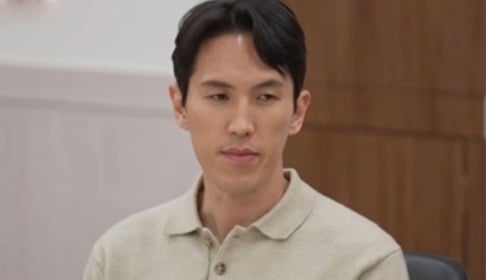

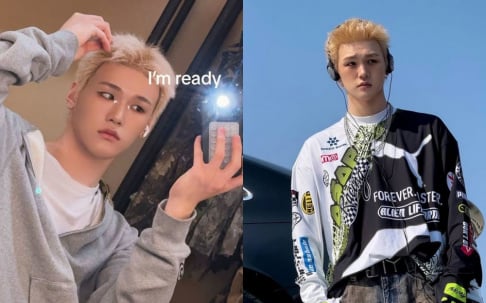
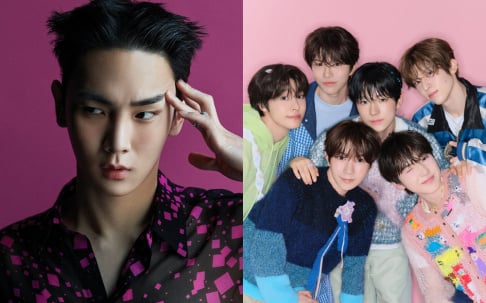
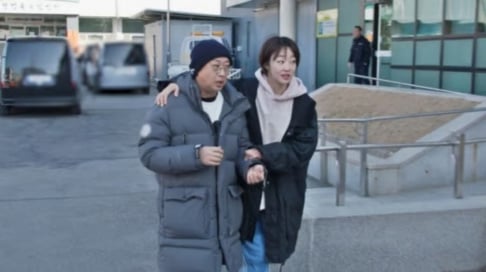
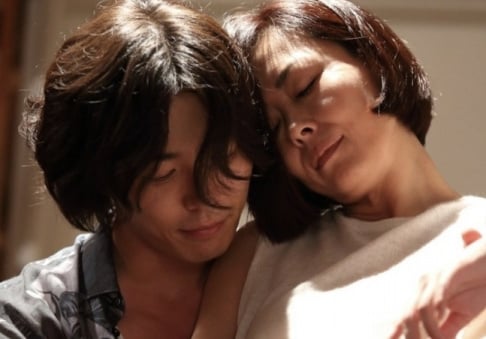

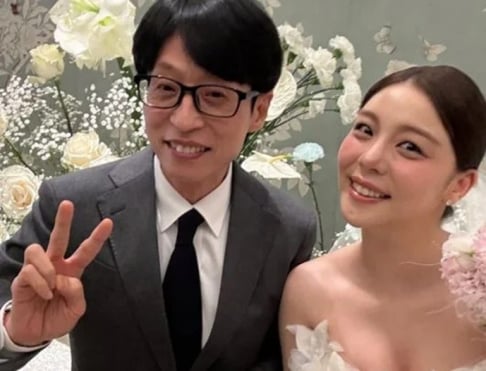
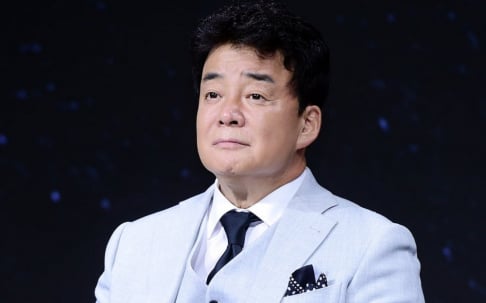
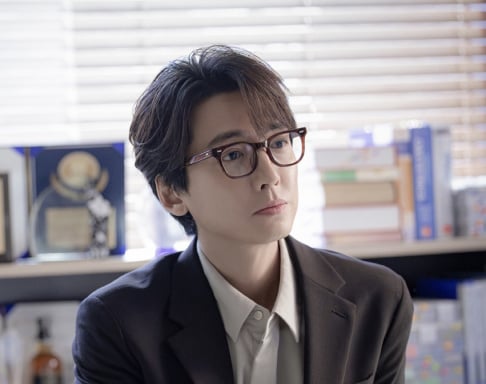

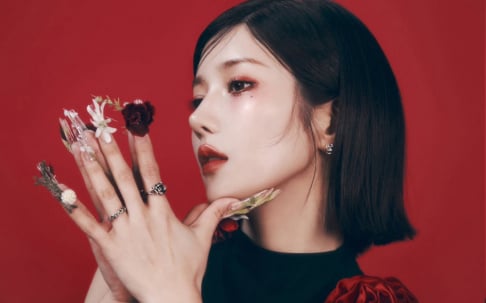

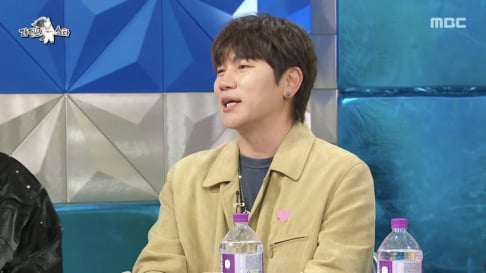

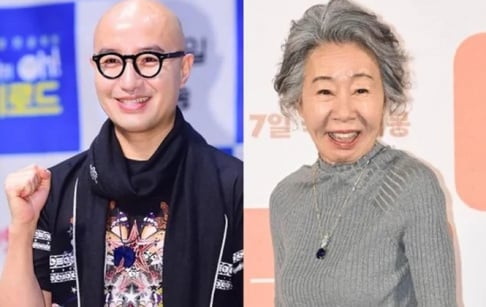




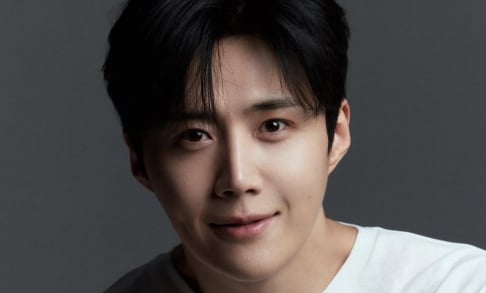
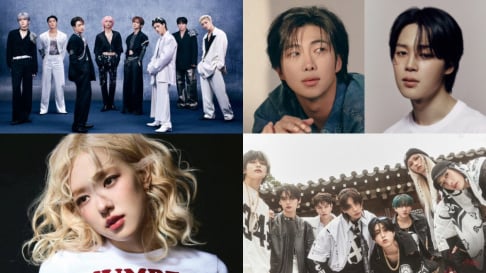
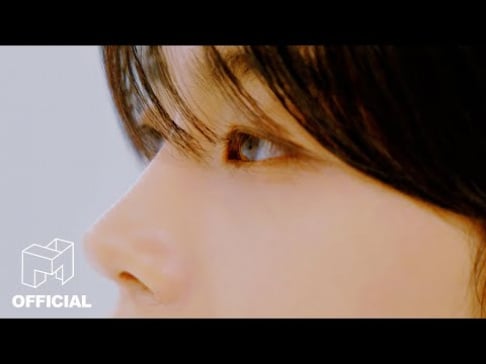








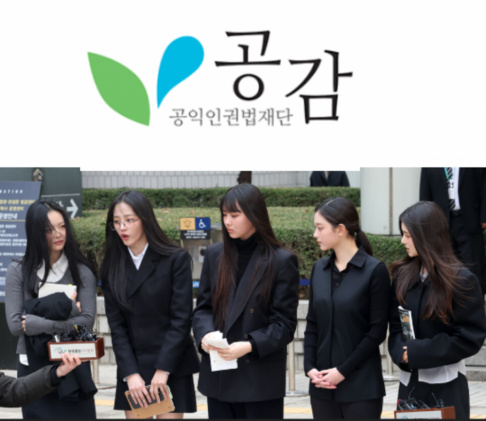

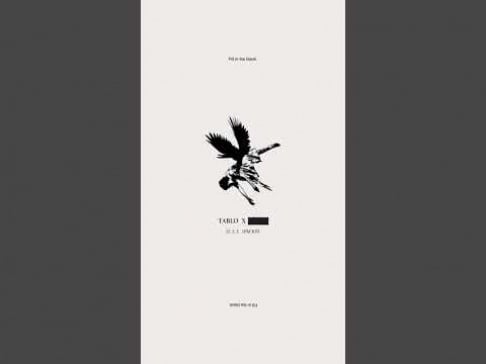






Log in to comment